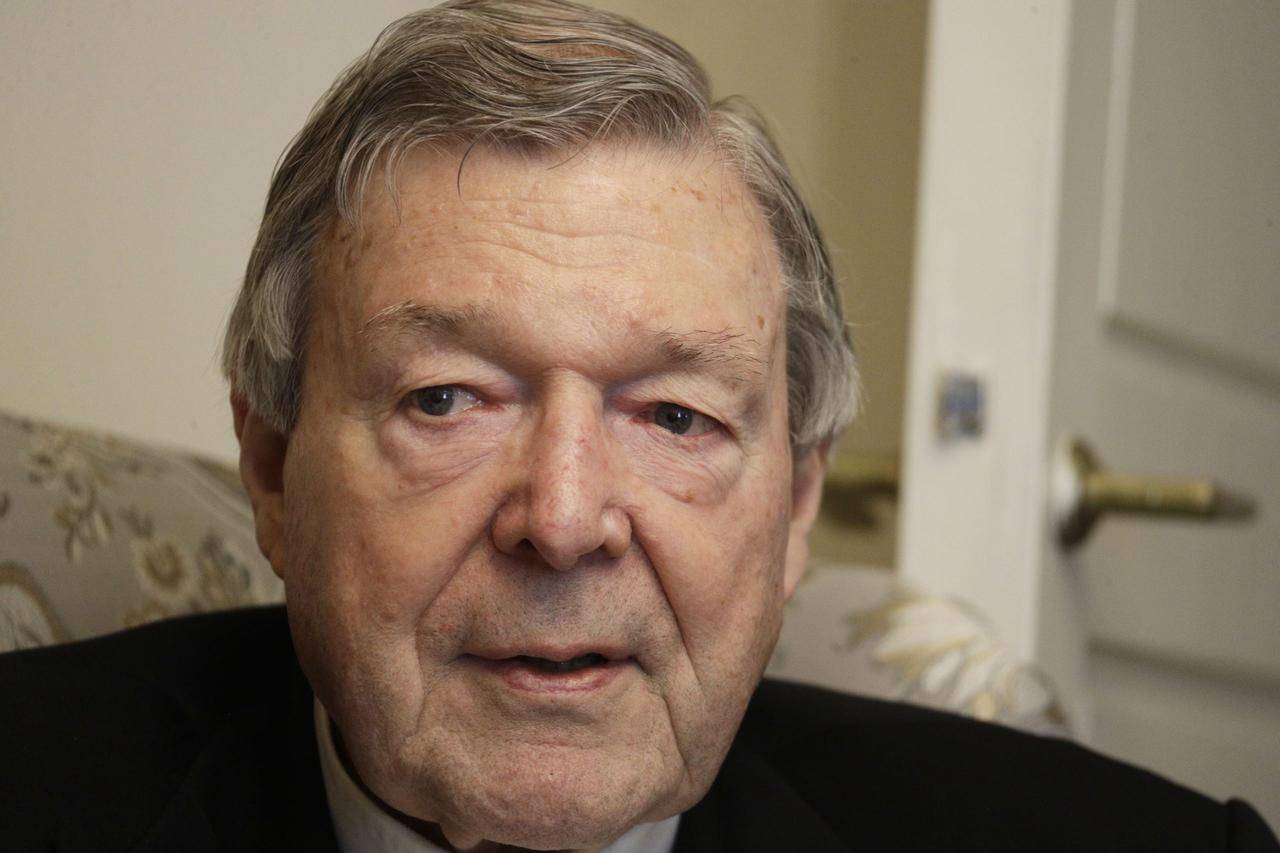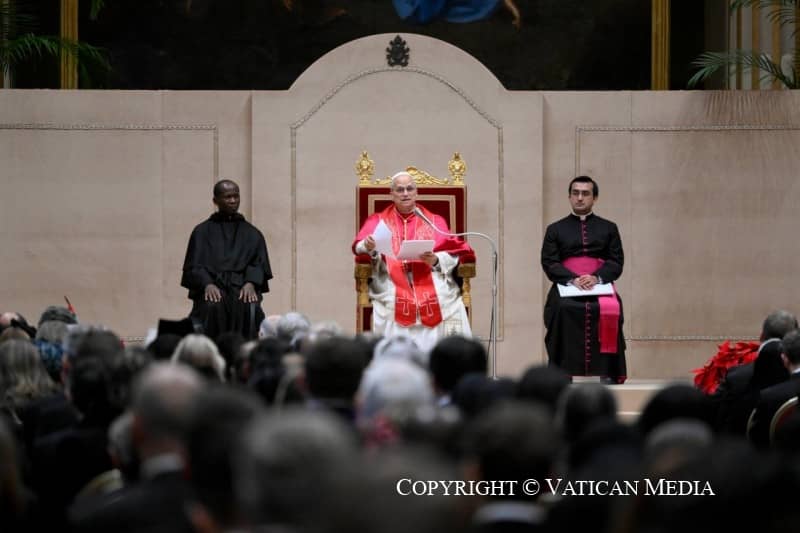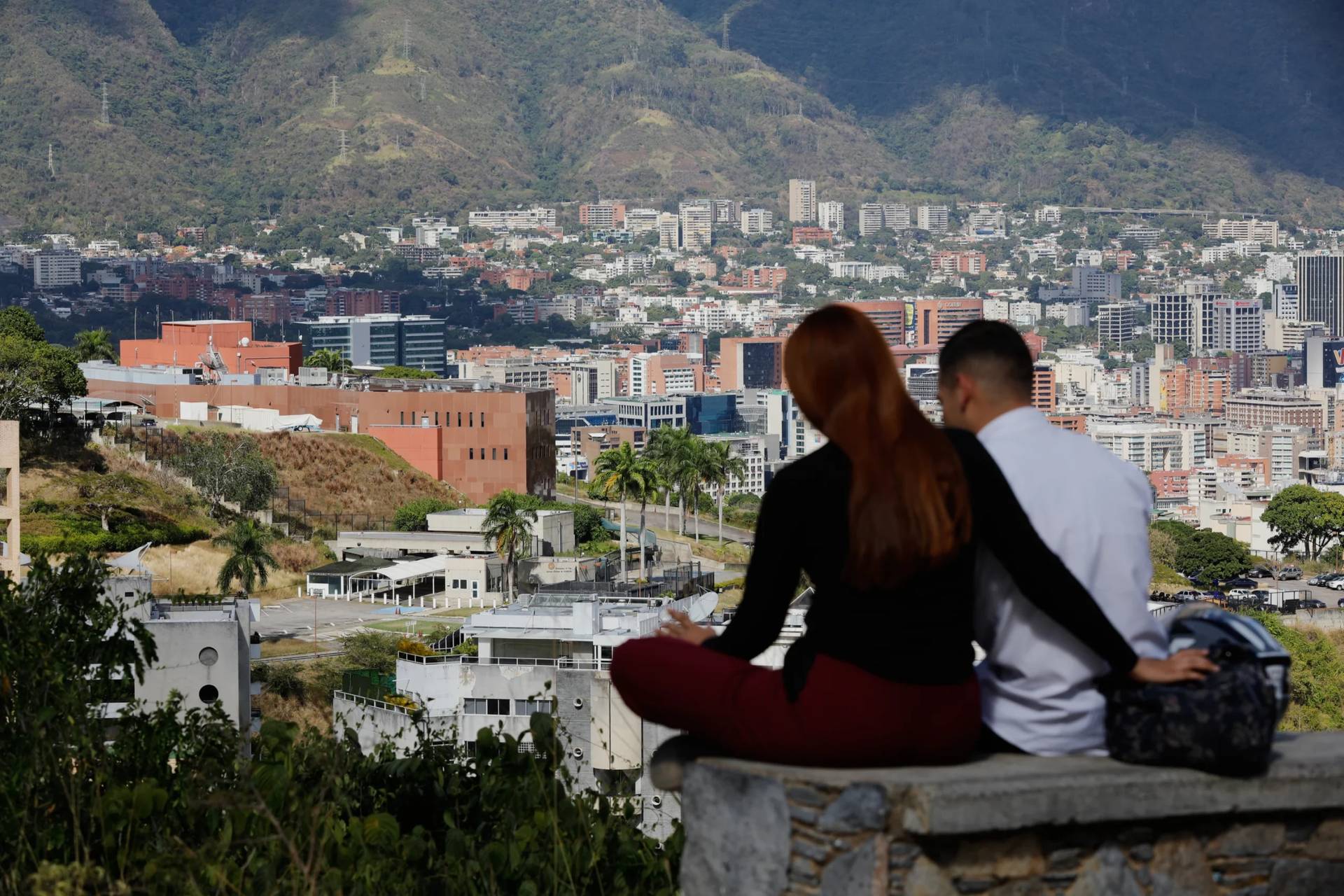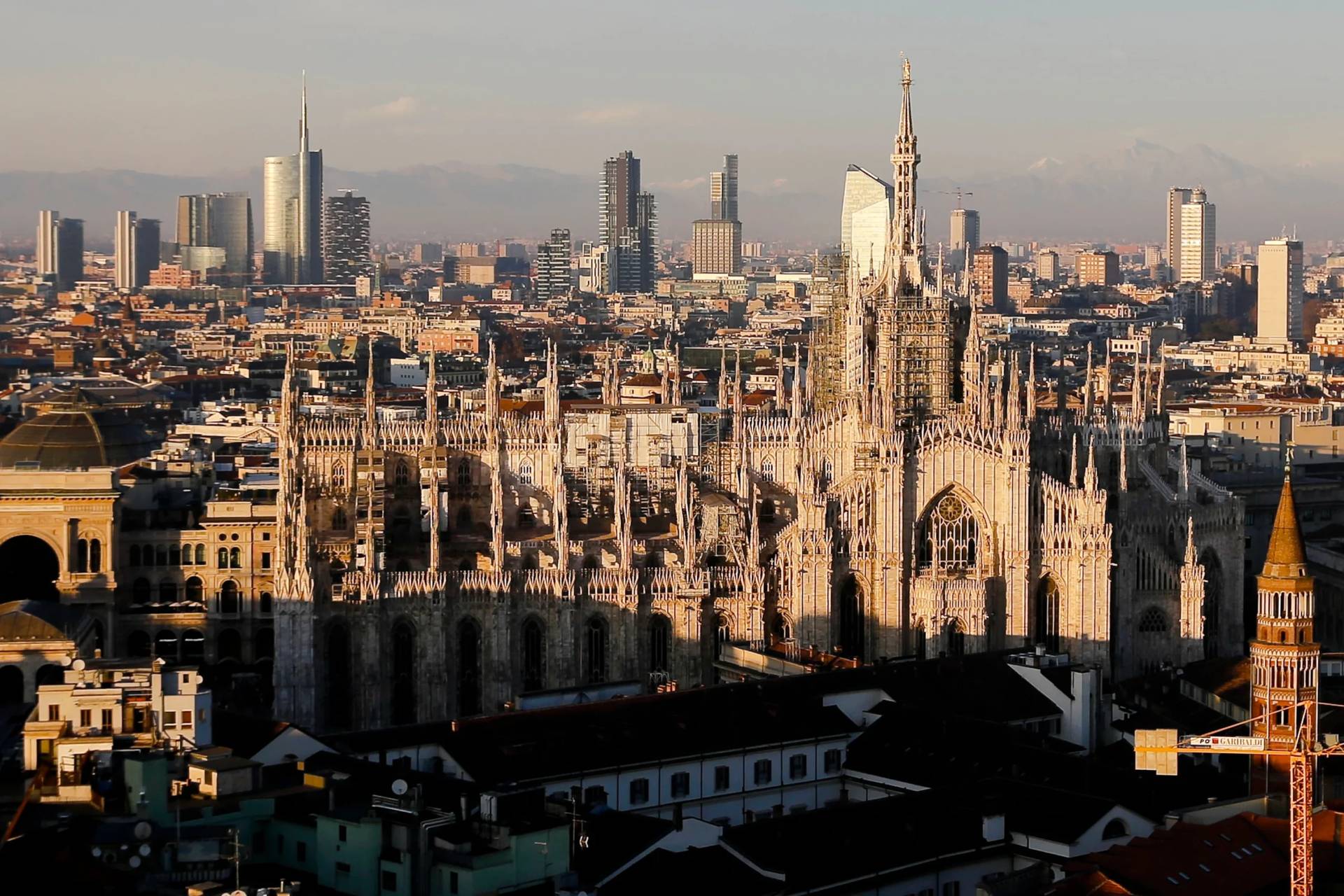ROME — The incoming chairman of the U.S. bishops’ Committee on Pro-Life Activities hopes his brother bishops will approve a statement on the Eucharist that helps Catholics understand the gift that it is and that invites them back to active church life.
“I think it would be a beautiful thing if, in November, we were to close ranks and say, ‘We are pastors. We love our people. We want to make this an inviting church and we want to gather people around the altar of the Lord,'” Archbishop William E. Lori of Baltimore told Catholic News Service.
In discussing and voting on a document on the Eucharist during their meeting Nov. 15-18, he said, the tone should be pastoral, “not compromising our teaching, not denying that it is possible to exclude oneself from the table of the Lord,” but laying the foundation for the bishops’ multiyear project of helping Catholics better understand, appreciate and celebrate the sacrament.
Some bishops want the statement to specifically address the question of Catholic politicians, such as President Joe Biden, who support legalized abortion or other laws at odds with church teaching.
Lori was at the Vatican accompanying the new supreme knight of the Knights of Columbus for a visit in late October; Biden was scheduled to meet the pope Oct. 29.
Given their roles, “it would be surprising if the pope and the president didn’t meet,” the archbishop said Oct. 23. “It’s clear that the pope does not agree with the president about abortion. He’s made that exceptionally clear.”
“I don’t think that this meeting signals any kind of weakness on the pope’s part on the life issues,” he said, “but I think there will also be some areas of agreement, and those areas of agreement are broadly shared by the American bishops. It doesn’t mean we’re in one camp or the other, it just means that these are issues that are guided by our social teaching,” particularly on the environment in the runup to the U.N. climate conference.
As for bishops who want the conference’s statement on the Eucharist to make a strong statement about politicians and worthiness to receive Communion, Lori said among the U.S. bishops there will always be “voices on either side of an issue, and that’s fine. They contribute to the discussion. They sometimes call us to things we might be forgetting.”
But he hopes the document ends up being more focused on what the Eucharist is.
“We have to be discerning,” he said. “Sometimes you say, well to be in the middle is kind of the position of weakness. (But) these days the position of strength and courage is often in the middle.”
As pastors, the bishops must teach the truth and help all Catholics understand it, no matter what political office or position they may hold, he said.
At the same time, “the church is called to be the great sacrament of salvation and the great sacrament of unity. And if ever there were a time we needed to live up to that deeply theological description of what the church is, it’s right now in our polarized culture,” Lori said. “And so we have to be careful of not allowing ourselves to go down no exit, partisan alleys where there is no life at the end of it, no evangelical life, no spiritual fruit.”
At the end of the U.S. bishops’ November meeting, Lori will begin a three-year term as chairman of the bishops’ Committee on Pro-Life Activities.
He said he hopes the bishops and parishes across the U.S. will continue to support and expand the “Walking with Moms in Need” project to identify resources and services available in their local areas to women experiencing a difficult pregnancy, help women access those services and provide resources that may be lacking.
The committee, he said, will continue to educate, advocate and work on “all the issues that deal with the life and dignity of the human person,” although abortion will remain the predominant issue because of the number of abortions performed in the U.S. each year and “because of the complete and utter helplessness of the unborn child, whose humanity we must defend.”
At the same time, the church must fight against the death penalty and euthanasia and reach out to assist immigrants and people struggling with poverty.
“We’re not exempt from any of that,” he said. “By showing compassion at every stage of life, we give credence to our ardent defense of the life and dignity of the unborn.”














